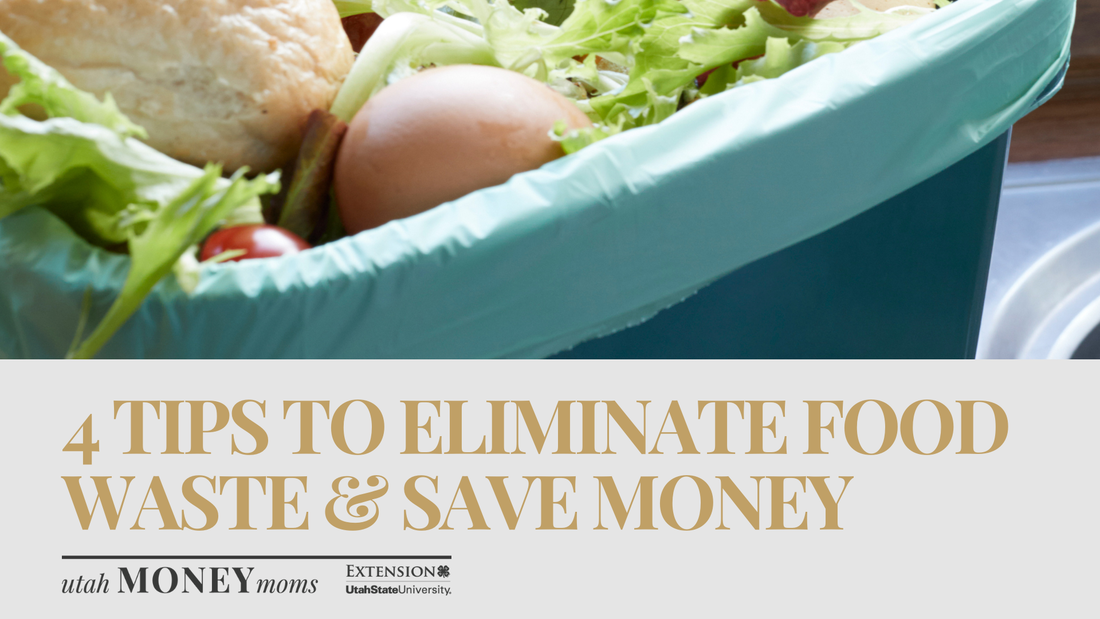|
Guest Contributor: Melanie Jewkes USU Extension Associate Professor  The average American throws away nearly 275 pounds of food each year. The United States Department of Agriculture estimates between 30 to 40 percent of America’s food supply is wasted. Not only is good food wasted, but good money, too, equating to about $390 per year PER PERSON. While no one should eat unsafe food, consider these strategies to minimize food waste—and put the saved money toward a financial goal.
0 Comments
Your comment will be posted after it is approved.
Leave a Reply. |
TAKE A FREE CLASS!Host a ClassamandaSharing real-life money smarts to help you stay on track with financial goals while still enjoying life! Follow the fun on InstagramAS SEEN ONawardsBest of State 2022 & 2023: Personal Finance Education
1st Place National Award in Social Media Education from the National Extension Association of Family and Consumer Sciences
Gold Award in Blog Site category at the 7th annual Education Digital Marketing Awards.
Platinum Award in Digital Media, Web Design category at the International Marketing and Communication Awards.
Categories
All
|








